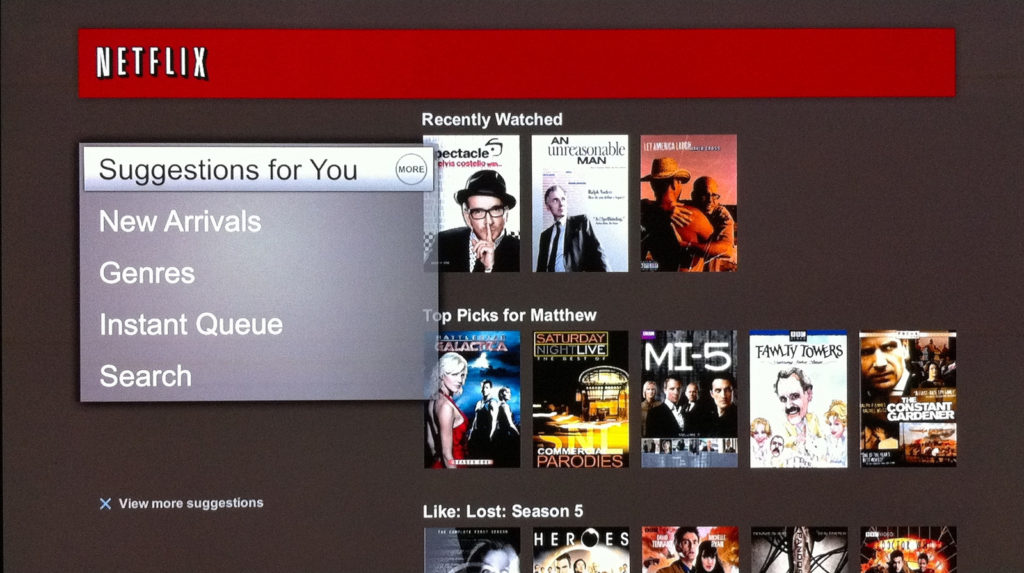More film and television production opportunities have come to the Old Dominion in recent years which has led to the tourism industry – worth $25 billion annually – being Virginia’s fifth largest employer. Television shows including Showtime’s “Homeland” and AMC’s “Turn: Washington’s Spies,” the HBO series “John Adams,” and the landmark picture “Lincoln” have all been filmed around Virginia, many of which have been produced in Richmond, Williamsburg, and other historic and colonial places that give the Commonwealth a natural asset for film sets and backgrounds.
In the coming weeks, in fact, Richmond and the Central Virginia region will serve as the backdrop for “Harriet,” a Focus Features production chronicling the life of abolitionist Harriet Tubman that will employ hundreds of film technicians and local extras while its produced.
As Virginia becomes a burgeoning filming destination, Netflix, one of the largest television content creators in the world, is targeting the Commonwealth for a potential expansion of its production operations to help build the state’s growing film industry.
Chief Content Officer Ted Sarandos and Netflix Vice President of Physical Production Ty Warren sent a letter to Governor Ralph Northam (D) saying that “when we do look outside of our core production hubs,” which are places like New York City and Los Angeles, “Virginia has the potential to be an attractive location with great creative and technical talent.”
While Richmond’s natural scenery and stock of historic buildings has made it attractive for filmmakers and producers through the years, Netflix may also be considering Fort Monroe in Hampton, and several locations around Fairfax County and Alexandria in Northern Virginia to base the expansion of their operations.
Regardless, there would have to be change in state law to make Virginia a bit more attractive to the film industry to sustain a growing expansion.
Andy Edmunds, director of the Virginia Film Office, says that the Commonwealth’s annual film incentive pool is capped at $6.5 million. He said while the current incentive structure is a good template, more must be done to entice, maintain, and grow film production throughout the state.
“A competitive film incentive program is essential to bring the work,” Edmunds said in a report from Richmond Biz Sense. “In our program, for every dollar we have paid out in incentives, it has returned $11 to Virginia’s economy.”
Netflix is calling for that number to change. In their letter, Sarandos and Warren explained for changes to the state’s film tax incentive program, which reimburses eligible productions with a minimum budget of $250,000 for up to 15 percent of all qualifying expenses, including wages. If the production is on location in an economically distressed part of the state, the base amount increases to 20 percent.
“The state’s current production tax incentive legislation and lack of infrastructure prevent it from being a viable option,” they claimed in their letter. “Strong government support for a competitive state production incentive program could entice Netflix to consider shifting production activity to the state on a long-term basis.”
To provide for a better incentivized atmosphere for filmmakers and producers, the two Netflix executives want Virginia to look to Georgia as a possible guide to overhaul the film incentive program.
Georgia, which has become the so-called “Hollywood of the South,” has no state limit on film incentives. Reportedly, the state disbursed $600 million last year alone for nearly $2 billion in private investment, according to the Georgia Department of Economic Development.
“As a long-term leaseholder of over 10 sound stages in Atlanta, with four of our large original television series based permanently in the state, Netflix has a robust presence in Georgia because of that incentive and infrastructure,” the company stated in its letter to Governor Northam.
Any altering of the program would have to be approved by the General Assembly, then signed by the governor.
Such a change to the program could be worthwhile for the state economy. As Edmunds says, “We already have superior natural assets…We just need a more competitive incentive program.”
This all seems fine and well, but the Commonwealth must avoid deals like this year’s agreement with Virginia Tourism Corporation paying exactly $536,130.38 to “The Bachelorette” to film in Richmond and give a cameo to Governor Northam. After the reaction from viewers, it seems that the 11:1 ratio of incentive revenue and spending Edmunds spoke of may not be met. Even Cosmopolitan Magazine thought the “amount is kind of insane.”

